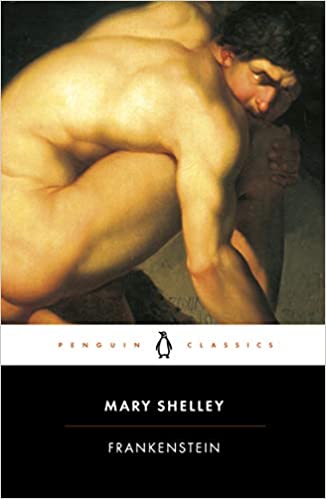For some, my past A-level choices of biology, chemistry and English literature may seem an odd mixture.
At first glance, the arts and the sciences don’t seem go hand in hand, and are often viewed as polar opposites. I even remember being asked during one of my veterinary interviews if my decision to study English lit was an indication that I valued the arts above the sciences…
As someone who had endured a considerable wealth of hours endeavouring to make it into vet school (and was, in fact, at an interview for vet school), it took me a couple of blinks before I could bring myself to answer that question.
Words, words, words
Since then, I am still yet to find another vet student or graduated vet who took English as their third A-level choice – perhaps because, until recently, most vet schools wouldn’t accept anything other than physics, maths or maybe economics at a push.
With three years of the vet course down, and a master’s dissertation currently weighing on my shoulders, this truly baffles me, given that writing is such an inherent part of the scientific process.
Whether it’s animal welfare, physiology, psychology or behaviour, almost everything we know and practice today can be attributed to some budding young scientist who did the research, wrote it up very eloquently, and had other scientists read over it diligently before they decided to write about it, too (otherwise known as a peer review).
Similar principles
Today, it does not matter how big of a breakthrough you make; if your grammar isn’t on point, nobody is going to publish it and your discovery may well fall on deaf ears. If you don’t know at least five different words for “furthermore” and can’t tell your colons from your semi-colons then are you even a scientist?
I have personally always loved writing (couldn’t you tell?) and being able to combine my affinities for that with veterinary medicine sometimes feels a bit too good to be true.
I also feel incredibly grateful for the skills my background in English have taught me. I may no longer be comparing the works of Mary Shelley and Thomas Hardy, but strangely, the same principles can be applied to literature reviews and grant proposals.
Do what you love
I would strongly encourage any wannabe vets not to shy away from exploring interests outside of the sciences, if that’s what you really enjoy.
For me, an artier A-level was a really useful way to switch off the science part of my brain and recharge after a day of balancing equations – almost like my right and left brain taking turns at the wheel while the other had a little lie down.
And who knows, if more medical schools required an A at English A-level, doctors might be know for better handwriting.


Leave a Reply